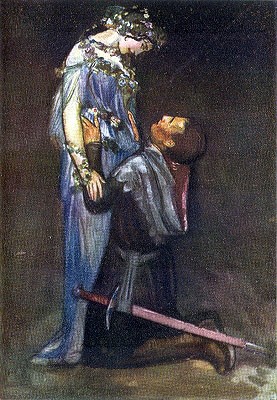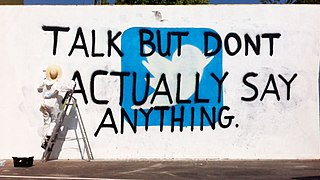 |
| Estella's Revenge will read literature. Some she loves, some, not so much. |
If you are a genre reader, do not fear literary fiction. http://en.wikipedia.org/wiki/
Yes, it can be difficult to read and understand if you’re not used to it. Literary novels are about “being”. Genre novels are about “going”.
Literary fiction tends to be character-driven. Plot takes a secondary seat. Literary fiction is about getting to know someone(s).
Consider literary fiction a kind of “mystery”. Who is this character? What clues are given to me? How are they feeling? What dilemmas are they facing? As the world happens about them, how are they impacted? Don’t worry so much about where they are going and their role in the plot, but rather dwell upon who they are, and why they are where they are.
Literary fiction is not meant to be read quickly. Take your time and revel in the beauty of the words. Study the characters and get to know the whole of them. Become emotionally involved.
Literary fiction plays with the English language. It pushes it to its limit. Sometimes it’s good to read literary fiction to see just how far English can go.
__________________
As part of her MFA from SoHK, Her Grace is currently reading and analysing Literary Fiction. She has discovered that understanding leads to tolerance and respect.






![Girl Playing the Piano Sergei Arsenevich Vinogradov [Public domain or Public domain], via Wikimedia Commons](http://upload.wikimedia.org/wikipedia/commons/thumb/c/c3/Sergei_Vinogradov_-_Girl_playing_the_Piano.gif/179px-Sergei_Vinogradov_-_Girl_playing_the_Piano.gif)
![Game of cards, anyone? By Enoch Lau (Own work (photo)) [GFDL (http://www.gnu.org/copyleft/fdl.html), CC-BY-SA-3.0 (http://creativecommons.org/licenses/by-sa/3.0/) or CC-BY-SA-2.5-2.0-1.0 (http://creativecommons.org/licenses/by-sa/2.5-2.0-1.0)], via Wikimedia Commons](http://upload.wikimedia.org/wikipedia/commons/thumb/e/e4/10_playing_cards.jpg/320px-10_playing_cards.jpg)
